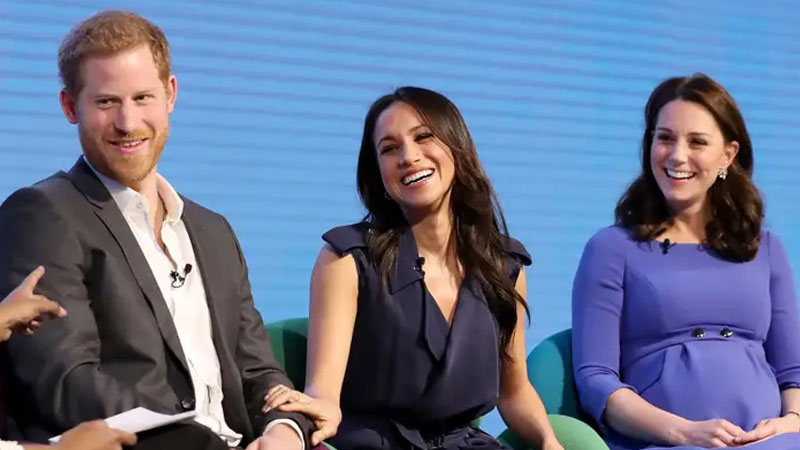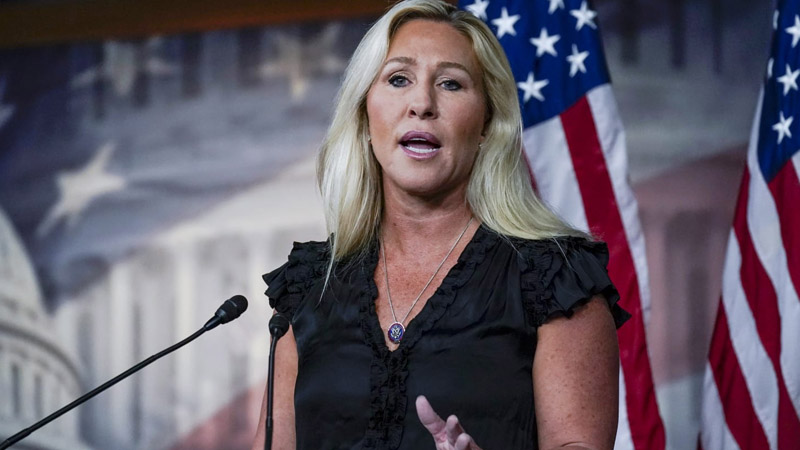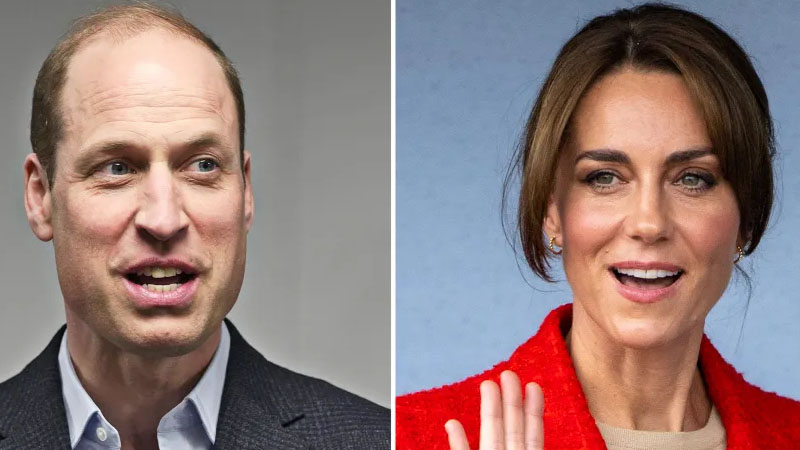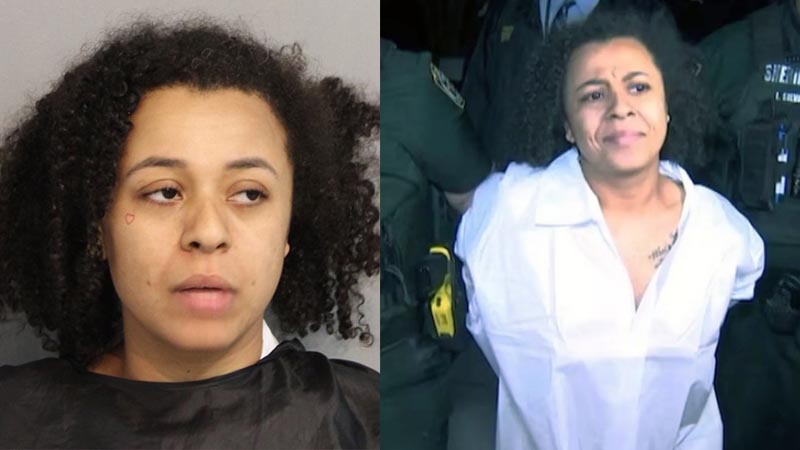Kate Middleton’s health scare exposes ‘void’ in royal family without Harry and Meghan

Chris Jackson/WPA Images/Getty Images
The recent health challenges faced by members of the British royal family have brought to light the critical need for the involvement of Prince Harry and Meghan Markle in royal duties. In an article for Town and Country, noted royal writer Victoria Murphy raised concerns about the implications of King Charles’ plans to streamline the monarchy, particularly in light of the current scarcity of active working royals.
The royal family has been facing a significant strain as key figures such as Prince William, Princess Kate, and King Charles himself have been temporarily sidelined due to recent surgeries. This situation has underscored the gap left by Prince Harry and Meghan Markle’s departure from their royal roles.
Murphy points out that King Charles appears reluctant to expand the pool of working royals by elevating members of his extended family, such as Princesses Beatrice and Eugenie, to fill the void left by the Sussexes. This decision aligns with his and Prince William’s vision for a more streamlined monarchy, which prioritizes a smaller group of senior royals over a broader, more inclusive royal workforce, reported Yahoo.
This approach, however, leads to challenges in maintaining the royal family’s extensive commitments and engagements, highlighting a potential shortfall in the monarchy’s capacity to engage with the public and fulfill its traditional roles.
Despite these immediate concerns, Murphy expresses optimism for the future of the royal family, particularly with the potential for Prince William and Kate’s children—Prince George, Princess Charlotte, and Prince Louis—to eventually take on public duties. Drawing a parallel with Queen Elizabeth II’s four children, who each contributed to the monarchy’s public engagements, Murphy suggests that the younger generation of royals could, in time, play a similar role.
Murphy also notes that William and Kate are consciously preparing their children for their future responsibilities, instilling in them an understanding of their unique positions and the importance of service. This forward-looking perspective offers a glimpse of hope for the monarchy’s ability to adapt and continue its legacy of public service, even as it navigates the challenges of a more streamlined structure.


